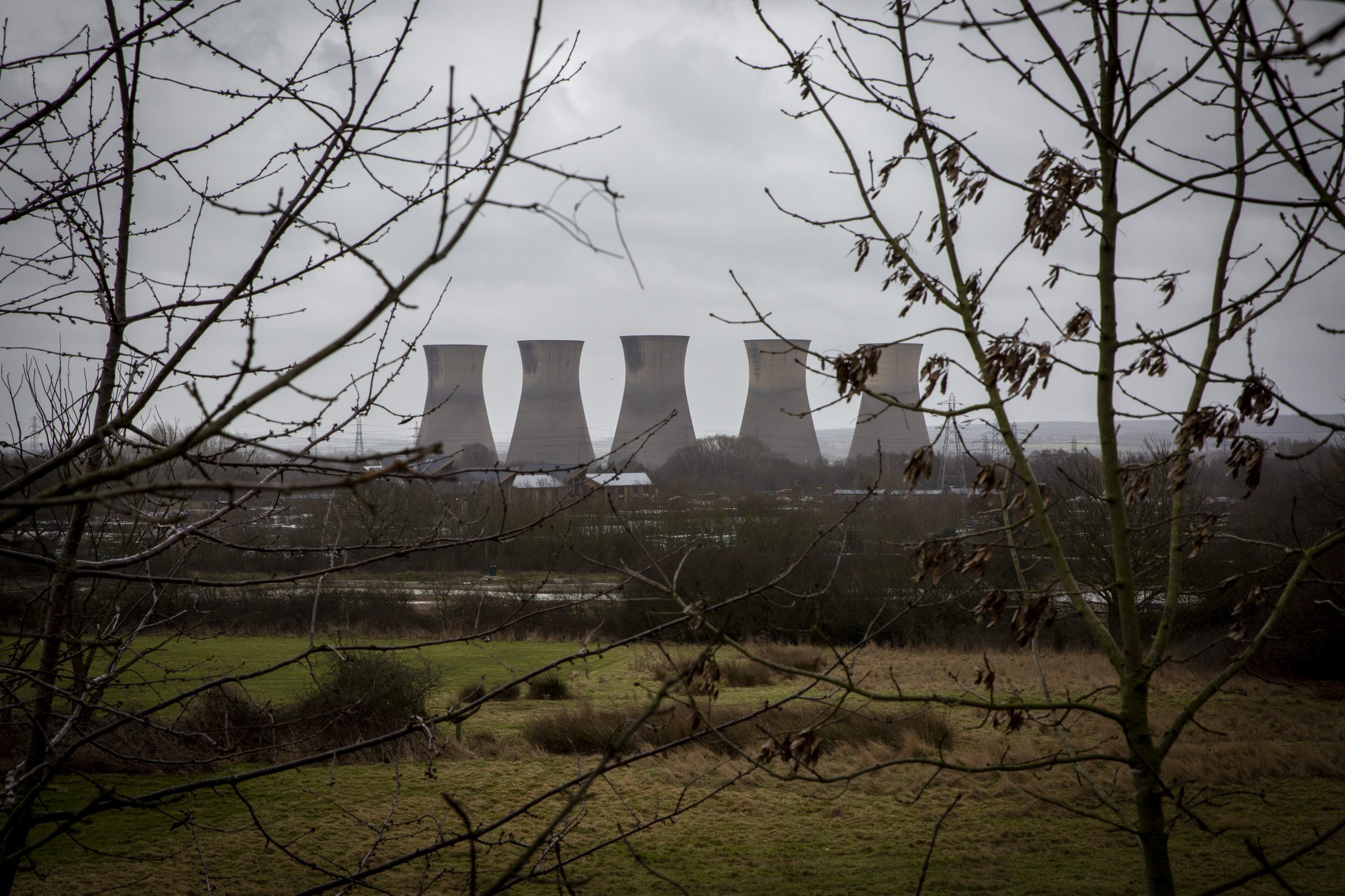On April 21 in 2017, the UK had its first coal-free day since the Industrial Revolution. Now, just two years later, the UK's National Grid confirmed that it had gone 168 hours, or seven days, without using any coal-fired power. The electricity system operator said that it expected coal-free stretches to become more frequent in the coming years.
In 2015, the UK pledged to remove coal from its grid by 2025. In a statement to the Financial Times on Thursday, the National Grid's director, Fintan Slye, said he expected the grid to be able to not only hit that target but to run with zero carbon emissions.
"As more and more renewables come on to our energy system, coal-free runs like this are going to be a regular occurrence," the director said. "We believe that by 2025 we will be able to fully operate Great Britain’s electricity system with zero carbon."
The UK is a leader in offshore wind, and it also has nuclear plants and natural gas-fired plants to feed power demand. Natural gas, of course, is still a fossil fuel, but it releases less carbon dioxide into the atmosphere when it's burned, compared to coal. Grids around the world tend to hit zero-carbon milestones in spring and autumn, when winds are high and daylight is still plentiful, and customers aren't demanding a lot of electricity to light and heat (or cool) their homes.
The BBC notes that currently only 10 percent of the country's electricity comes from coal-fired generators, and in 2019 the National Grid has logged more than 1,000 hours of coal-free electricity. In 2018, an application to proceed with a new UK coal mine was rejected on climate change grounds.
While other industrialized nations still struggle to leave coal completely, the UK's progress is also symbolic. As the BBC notes, coal-fired power originated in the UK, with the first such power station opened in London in 1882.


